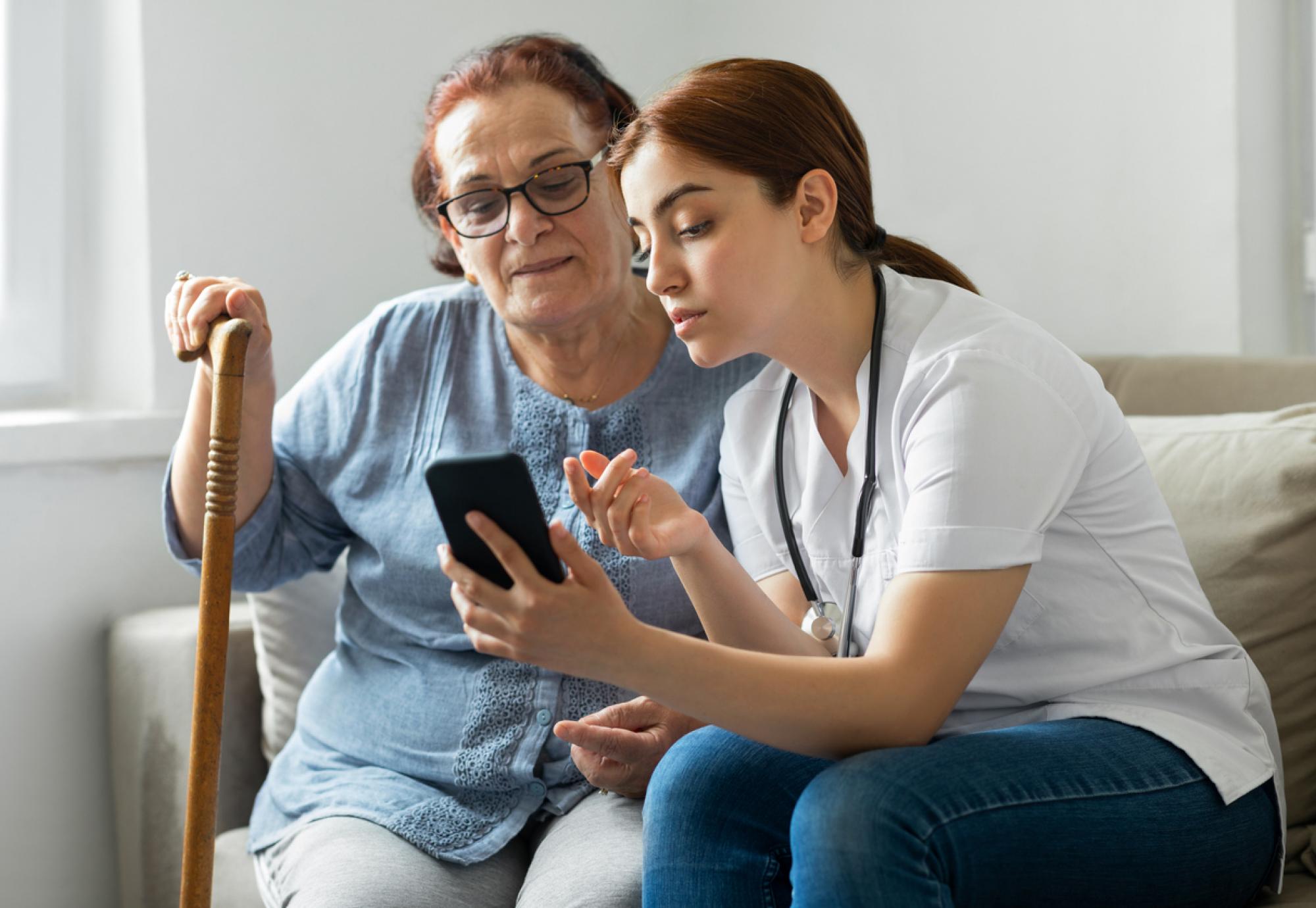A new “life-changing” watch is allowing doctors to remotely assess a patient’s condition and with hundreds already benefitting, the innovation could potentially be introduced to the full 120,000 people who suffer from Parkinson’s disease in England.
The watch has a variety of features and purposes, which include:
- Allowing doctors to regulate sleep disturbance
- Allowing doctors to regulate sleep movement
- Allowing doctors to monitor quality of life
- A buzzer reminding the patient to take their medicine
The device, which is worn around the clock for six days, collects information that is then relayed back to the doctors, who can then look for signs of medicine needing to be changed, improvement of quality of life, or make other interventions such as physiotherapy that can stop the condition getting worse.
This all comes after statistics have shown that an average of 48 people per day are being diagnosed with Parkinson’s in England, with Parkinson’s UK estimating with population growth and ageing, that is likely to increase by a fifth by 2030.
NHS chief executive Amanda Pritchard said: “Parkinson’s is an incurable illness that has a significant impact on peoples’ lives and this small watch will dramatically improve their quality of life – providing a thorough review of their health and ensuring they get the care they need from the comfort of their own homes. Not only is it better for these people living with Parkinson’s, but it is also more efficient for the NHS – freeing up space and time in hospitals for our hard-working staff.”
She added: “The cutting-edge device is the latest in a long line of world-leading innovations that the NHS is bringing to the frontline as part of our NHS Long Term Plan commitment to use the most advanced technology possible for our patients.”
This modern approach to treating Parkinson’s patients from the comfort of their homes was developed in the NHS in Plymouth, together with the University of Plymouth and University Hospitals Plymouth Trust and is led by Dr Camille Carroll, an associate professor in Neurology at the University of Plymouth and an Honorary Consultant Neurologist at University Hospitals Plymouth NHS Trust.
Dr Carroll said: “We have worked directly with Parkinson’s patients to develop the best care possible, including the use of life-changing monitors, known as the Parkinson’s Kinetigraph, which can be worn by patients around the clock to monitor their symptoms.”
She added: “This helps to provide reassurance for patients and also means that NHS staff can provide a comprehensive six-monthly review, while also allowing hard-working staff to free up clinical capacity for those who need face-to-face appointments.”
Currently patients are still required to fill out “pen and paper” questionnaires for their doctors, explaining possible causes of night-time disturbances that cannot be accounted for by the watch, with an NHS funding boost of £500,000 set to integrate this into the patient’s electronic records over the next year.
For more information about the new project, click here.



















